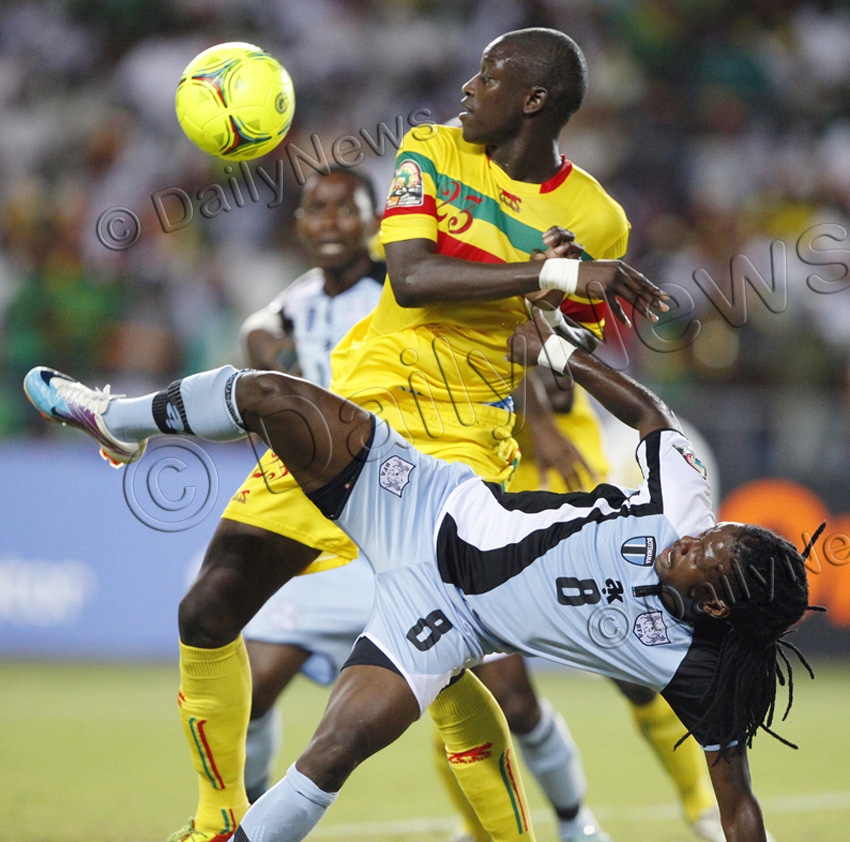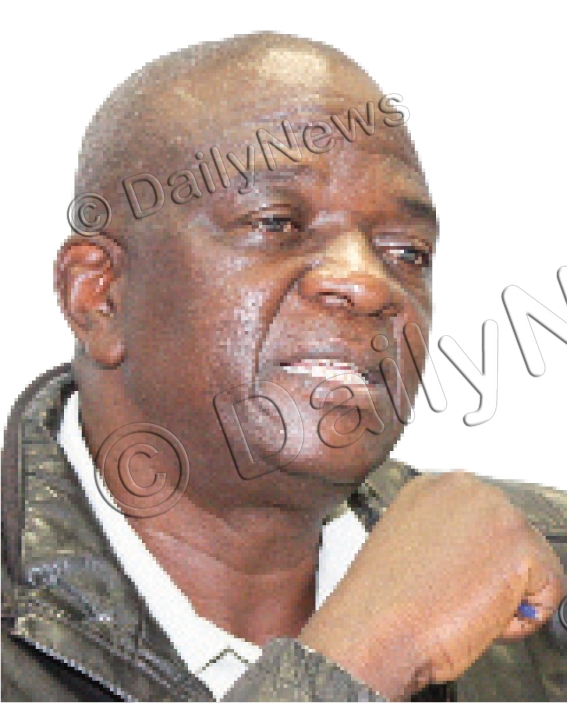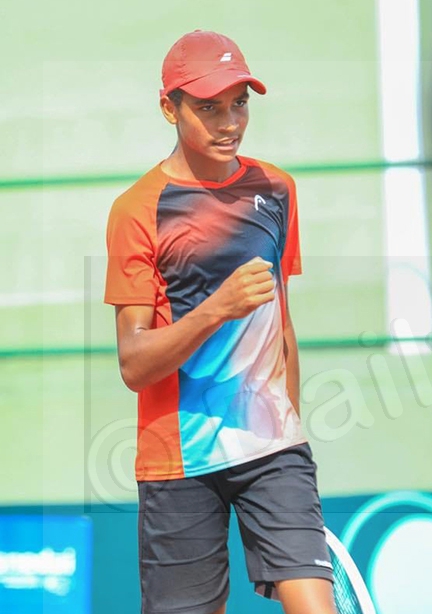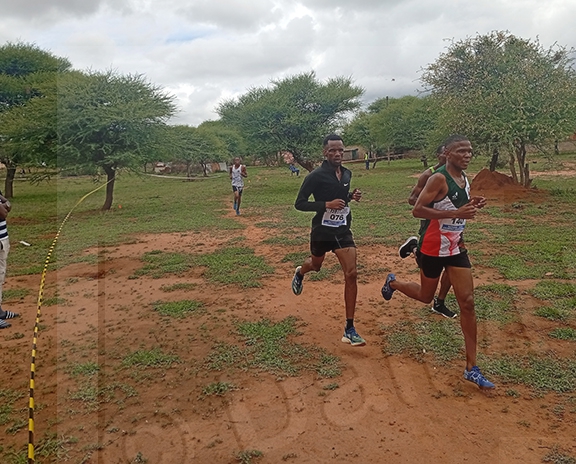Zebras 50-year transformation
27 Sep 2016
Football was the most popular sport in Botswana at independence, but the country’s national team, the Zebras, did not play official tournaments at the time.
The team was usually assembled temporarily to play during independence celebrations and international friendly games only.
“For the first 20 years after independence football in Botswana was not competitive at international levels,” said former Botswana Football Association (BFA), executive secretary Ashford Mamelodi in an interview.
Mamelodi, who joined the football leadership in the late 1980s, said no developmental structures existed both at club and national levels until the engagement of the late Benjamin Koufie in the early 1990s.
Zebras’ first international game was two years after independence against the Flames of Malawi where it suffered an 1-8 defeat in Blantyre.
And 22 years later, Zimbabwe clobbered the Zebras 7-0 at the National Stadium.
The team’s all time winning record was in 2002 when the coach of the time Stanley Tshosane led them to a 6-2 thrashing of Swaziland in Gaborone.
Ten years later, Tshosane immortalised himself in Botswana football folklore by becoming the first national team trainer to take the team through all the required stages to the Africa Cup of Nations finals.
Therefore, it suffices to say, the Zebras’ journey from 1966 to date was full of ups and downs, perhaps with the downs claiming the bulk of the equation.
While the team was still a novice in the international arena in the late 60s and throughout the 70s and 80s, losing most of its matches, there were however some memorable victories along the way.
One of the earliest victories arrived in 1974 when, under the tutelage of South African Thomas ‘Zero’ Johnson, Botswana XI sunk Swaziland 3-1 during Independence Day.
On the score-sheet were legendries in Township Rollers captain , Clement ‘Muller’ Mothelesi, Morwalela ‘Pro’ Seema, also from Rollers, and Willie ‘Paymaster’ Dennison from Notwane.
After the highly celebrated victory, national team coaches came and left including Rudi Gutendorf from Germany.
The team’s results failed to improve despite the presence of successive stars of that era such as goalkeeper Matshidiso ‘Sexton’ Kowa, Nicholas ‘Lele’ Sebele, Boyce ‘Sponono’ Moffat, Reuben ‘Rhuu’ Mgadla, Sola ‘Ace’ Mokgadi, Ambrose ‘Walker’ Rathedi, Boyo ‘Oris’ Radipotsane and Kabelo ‘Kempes’ Ebineng, among others.
One of Batswana’s sad memories is the national team’s three successive defeats of 3-2 to Zambia in 1976; 2-0 to Malawi in 1977; and 4-1 to Mozambique in 1978, all as part of Independence celebrations.
The team started showing signs of improvement in the 1980s, though because at the 1981 independence celebrations, they defeated Swaziland 2-1 through Jerry Phetlhe and Sehularo ‘Horse’ Pelekekae.
In 1985, Horse scored a brace when Botswana downed Zimbabwe during independence celebrations.
Perhaps the most memorable victory was achieved in 1986 when Botswana XI finally got its revenge against the Flames of Malawi through a 2-0 win, with Shadreck ‘Rio’ Maswabi and Cornellius ‘Matoni’ Mudzingwa providing the scores.
Two years later, Patrick ‘Zee’ Zibochwa and Nobody ‘Jomo’ Mosweu scored as Botswana XI defeated KK XI of Zambia 2-1 with Thabo ‘Mahala’ Motang making a crucial penalty save.
And in 1990 the likes of Gofhamodimo ‘City’ Senne and Naphtally ‘Scara’ Kebalepile put an eye-catching performance as the mighty Cameroon was held to a goalless draw on Independence Day.
Perhaps it was that draw that encouraged Botswana’s football authorities to realise that the team was ready for competitive matches as Botswana entered qualifiers for the 1994 Africa Cup of Nations.
But the team turned into a punching bag for other nations with coaches such as Kenny Mwape, Freddy Mwila and Karl-Heinz Marotzke coming in and leaving.
The tide was to turn in 2002 after the appointment of Serbian national Veselin Jelušić who mustered some impressive victories, notably, against Malawi and Kenya in the 2004 AFCON qualifiers.
Vesco, as he was popularly known, handed the baton to Colwyn Rowe in 2006, who was later replaced by Stanley Tshosane in 2008, whose four year tenure brought first qualification to AFCON finals.
Koufie’s arrival contributed hugely to Botswana national football structures entering international completions, first at the Confederation of African Football level including U17, U20; AFCON qualifiers, and the Olympic Games, said Mamelodi.
“The results were however not what Zebras supporters had expected as the tag; ‘Whipping Boys of Africa’ followed and stuck for some time,” Mamelodi said.
BFA’s three-year development plan and many other interventions that followed included the production of qualified coaches, mainly school teachers and club coaches, the establishment of junior structures and commencement of inter-regional competitions..
In an attempt to stem the tide and appease Batswana’s growing discontent, Koufie started a new team called the New Horizon intended to fast track football development; unfortunately, the intervention also failed to produce instant results and discontent continued to grow.
Mamelodi, however, said BFA leadership gave full backing to Koufie, and one of the competitions that Botswana entered to reinforce development initiatives was the First African Championship 1995 (U17) held in Mali.
He said the tournament was an eye opener for the players and they learnt a great deal at the high level of youth competitions.
He said the country later hosted the second edition of the same competition in 1997 in Botswana famously known as a basimane ba kgwathe.
Talented players were being identified and nurtured even top clubs in Botswana were for the first time noticing and recruiting young players from the National U17 teams.
“What was evident was that in this period (mid 1990’s), school football began to change for the better and became more competitive and top players were emerging.
“Koufie had predicted that such an outcome would happen and that as long as our leagues were also in place and absorbing the younger players, AFCON qualification would be a matter of time,” Mamelodi said.
Mamelodi further said when Jelusic took over the reigns of the national team, the development programmes had matured and when BFA registered for the 2008 AFCON, it had been expected that they would qualify.
The Zebras came very close, losing narrowly to Egypt in Cairo at the last hurdle.
Two AFCON finals later, Zebras qualified in 2012 under the leadership of Tshosane, although a little later than expected, the jinx had been broken and Botswana national teams had arrived.
However, Mamelodi regretted that Zebras’ appearance at Afcon finals had not been as consistent as expected.
“Has development been sustained at acceptable levels within the BFA since Ben Koufie’s departure? Regrettably not.
The situation where we fail to qualify for all continental competitions in football will continue unless deliberate efforts are taken to intensify football development through well-established structures,” he said.
He urged the Mclean Letshwiti-led NEC must live up to their pre-election promises of bringing football development back to the top of their agenda. Ends
Source : BOPA
Author : Anastacia Sibanda
Location : GABORONE
Event : BOT50 Feature
Date : 27 Sep 2016









